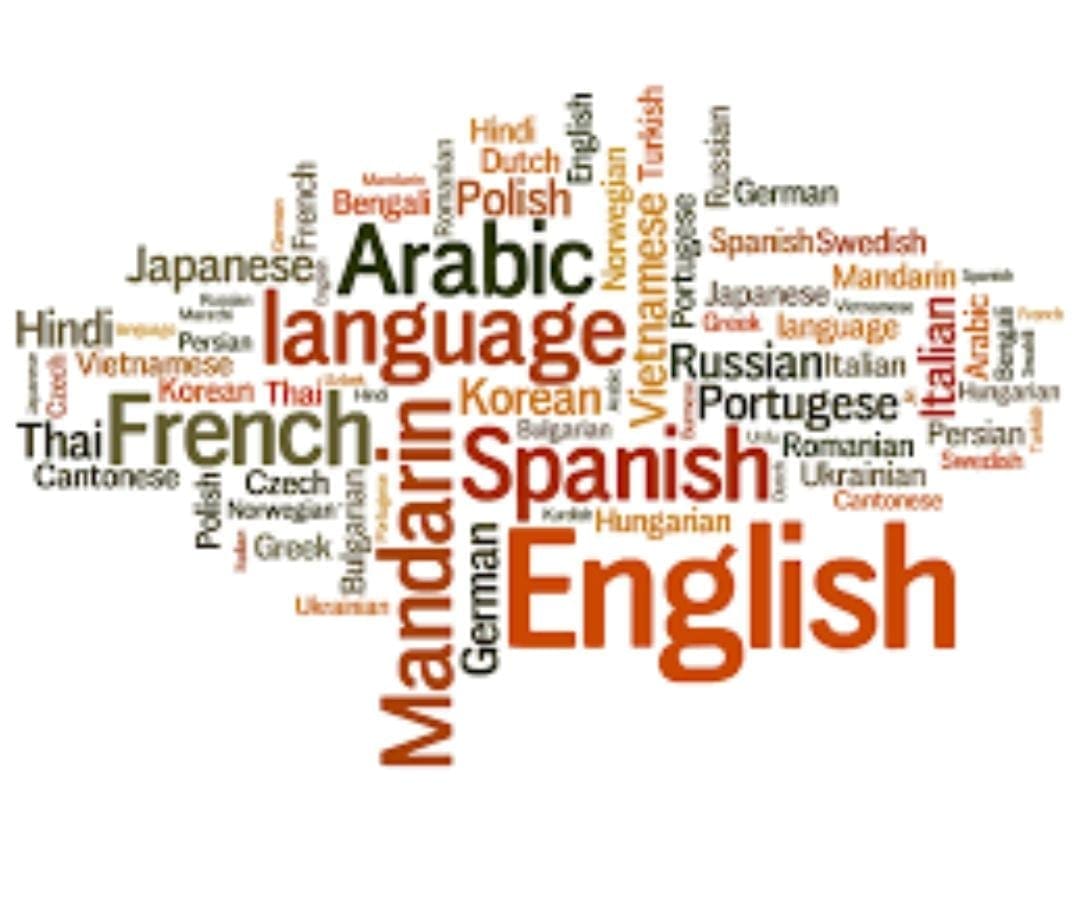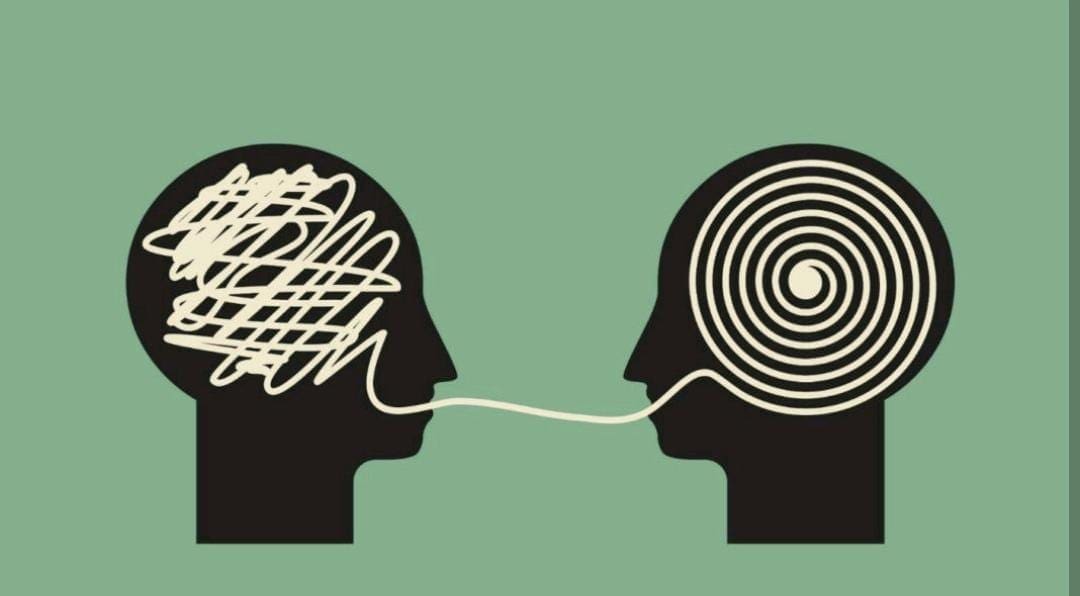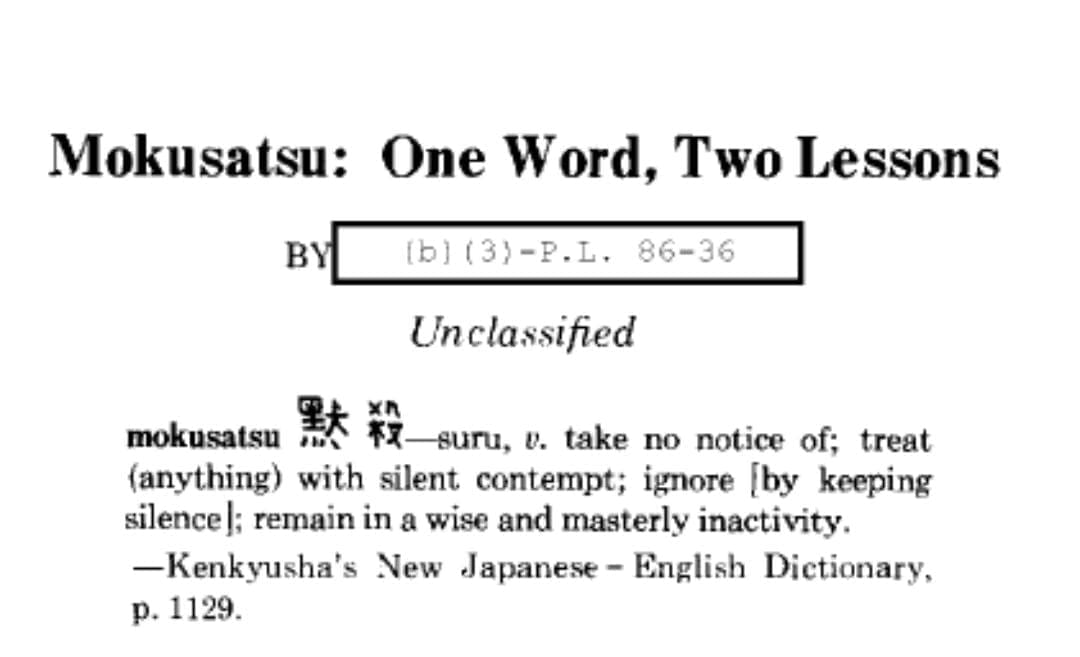
What is a language?

Language basically is a tool which pays attention to ensure that, as a species with conscious awareness coupled with an ability to recall or recollect that conscious awareness, we can share with others verbally, i.e., communicate whatever we’ve observed and experienced and also bequeath to our future generations in verbal format.
Before the advent of structuring of sounds into proper language the communication and records were there in the form of many other tools like grand architectures, sculptures etc. but imagine if the entire plays of Shakespeare were to be depicted in sculptures conveying completely everything as it is done in language. So, in a way, the ability to develop proper language, propagate it and popularize it involved various players and various factors. That’s why fortunately no one is called the inventor or discoverer of any natural language.
Still all languages have their own limitations and the most irritating part of life is when we cannot find an exact word or expression to convey appropriately any particular phenomenon or feeling, all the more irritating if that phenomenon or feeling is irritating in a hitherto unknown way. It is like specialist doctors struggling to tackle a new virus.
Added to this lot of damage is wrecked through translations which fail to exactly convey meaning from one language to another. Here I would like to quote certain interesting aspects of these features from an interesting book by Guy Murchie titled The Seven Mysteries of Life : Today there are only an estimated 130 significant languages (“significant” meaning spoken by a minimum of 1,000,000 people),the vast majority of the people in the world speak one or more of the top 20 languages.
Mistranslation: A brief insight.

One can find an endless number of examples showing what may happen when a translation is done by an amateur. And it is not only today that such a translation can be stumbled upon. This article pays particular attention to the mistranslations which have changed the world completely or, at least, caused major trouble to it or dropped the bomb…I mean literally.
Mistranslation killed well more than 250,000 people. The impetus towards the world’s first atomic attack, on Hiroshima in August 1945, may have been unduly spurred on by a translator’s interpretation of a single word in a Japanese press statement. The Japanese word used, “Mokusatsu” can be interpreted in different ways, viz, to ignore, to refrain from commenting or sometimes to seek information.
The American translator had finalized on “to ignore” and sent the report. The Americans stiffened their attitude toward Japan’s apparent intransigence, and quickened the preparations for the drop on Hiroshima. Had a different been used, the mortal pressure not to inflict the terrifying weapon on civilians might have been too strong to resist.
Not so polished in Poland.
You know that moment when you are trying to impress your crush but while doing so you try to get a bit ahead and indulge in excessive kowtow but soon it turned into an embarrassment? US president, Jimmy Carter on a state trip to Poland in 1917 wanted to establish a strong rapport with its people and expressed his desire to know more about the Poles’ political interest. But his Polish translator, Steven Seymour presented lascivious version of Carter’s words.
Freudian Slip/Parapraxis?

Choosing a catchy slogan is as tough as typing out the perfect comeback to an insulting remark. On top of that, if your company is a banking group like the HSBC, you have great expectations. Well, sometimes huge burden might lead to.. In 2009, HSBC launched a new slogan “Assume Nothing” which was translated as “Do Nothing” in several countries. Hehe.
A “moment” of delight.

Sometimes mistranslations can be sweet for love. Like in 1950, chocolate companies in Japan started to campaign for Valentine’s Day but a solitary company mistranslated the practice to women giving chocolates to men. While, the role reversed but the practice of gifting chocolates is still practiced even today.
All hail – Translation !
International Translation Day is celebrated on 30th September on the feast of St. Jerome, who translated the Bible and is regarded as the patron saint of the translators. Let us fast forward to today, education translation services industry is doing an amazing job by breaking language barrier. Here are some of the unknown facts about this age old underrated industry :
1) The approximate age of this industry is 2000 years. According to Linguistic experts, The Old Testament of the
Bible was translated into Greek as early as 3rd century BC.
2) The Bible is believed to undergo the most number of translations.
3) Chinese, Spanish, English, Hindi, Arabic are some of the languages to be translated the most in the world.
4) Experienced translators believe European languages are the easiest to translate while Mandarin Chinese, Thai and Arabic are the toughest to crack. Over 7000 languages are spoken all over the world today, well. This statistic is subject to bountiful changes as many languages go extinct. There is only one industry that has kept the languages alive by not only bridging the gap between two alien languages but also making room for the languages to co-exist.

About the Author – Rajasik Mukherjee aka Raj is a sports freak but, wait, cricket doesn’t come in his favorites list. He hails from the land of Maa, Maati, Maanush. He is always in for Football discussions and puns and komedy. Hehe.

Be the first to comment